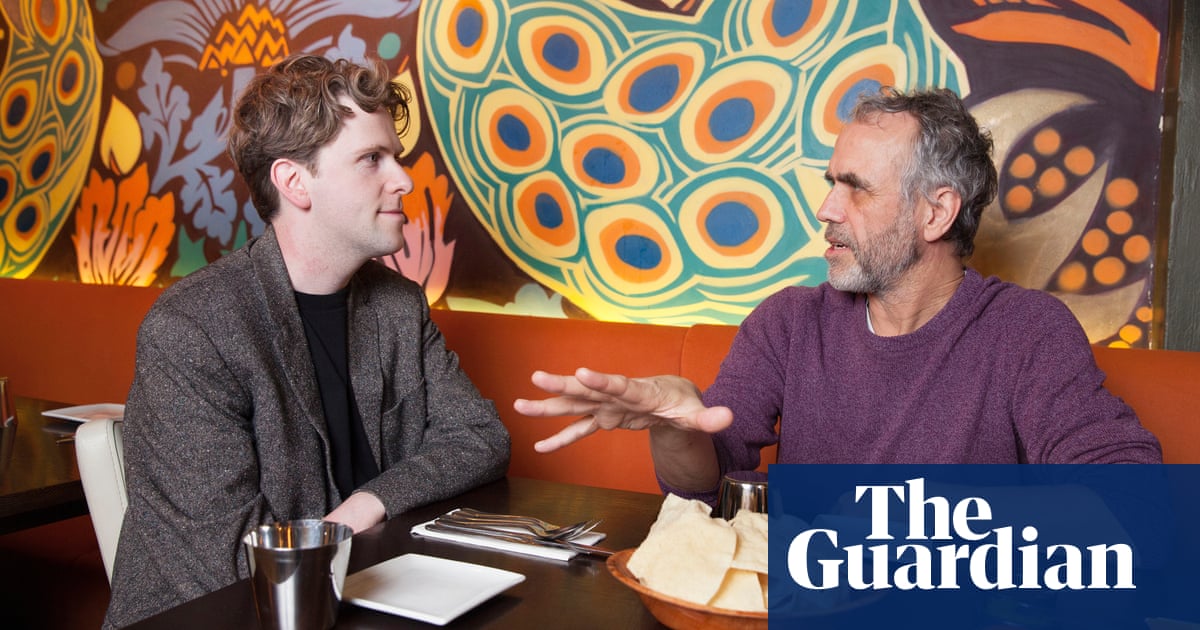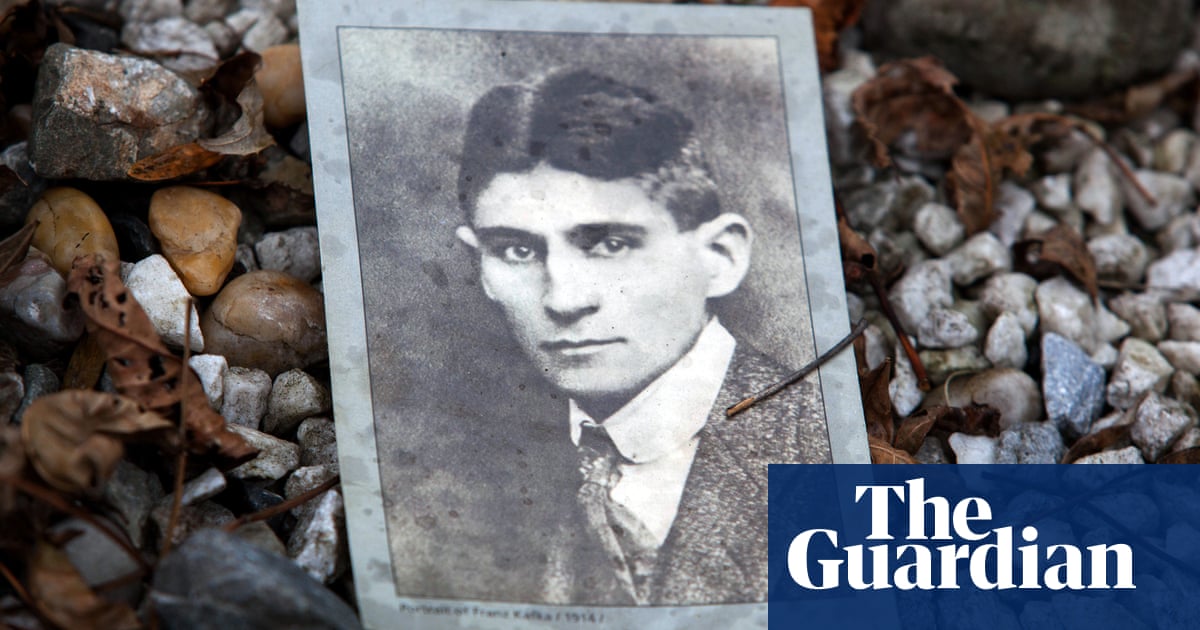
outh Africans don’t give much thought to FW de Klerk these days. Like Mikhail Gorbachev, his fellow Nobel peace laureate, the last apartheid president is more highly regarded outside his own country than in it.
But some South Africans were taken aback to see De Klerk putting himself forward in a Guardian article on 10 March as an advocate of protecting women from violence and asserting that “holding perpetrators accountable, irrespective of how long ago the crime was committed, is essential to stamping out impunity and preventing future atrocities”.
This from a man who promoted a system that wrecked the lives of millions of black women and who has consistently denied responsibility for gross human rights violations, despite damning findings to the contrary by South Africa’s Truth and Reconciliation Commission (TRC).
De Klerk, whose foundation revealed on Friday that he is being treated for mesothelioma, has spent decades nurturing the popular view around the globe of a courageous leader who released Nelson Mandela from prison and negotiated a peaceful transition to democracy. Key to this version of history is De Klerk’s generalised apologies for the pain inflicted by apartheid without accepting personal responsibility.
South Africans, who lived through the complexity of those years, are less prone to buy into that narrow framing of history. Many remain sceptical of De Klerk’s claims to regret apartheid, not least because he continues to diminish its depravity. Only last year, he was forced to backtrack after claiming that apartheid was not a crime against humanity – even though the UN has long said it was – because he claimed it caused relatively few deaths and was not on a level with genocide. A few years earlier he argued that racial segregation was well intentioned, if unworkable.
But De Klerk, who turned 85 a few days ago, is facing renewed scrutiny over his record amid growing pressure for him and other apartheid-era leaders to finally face justice.
Howard Varney, a lawyer and investigator who drew up the questions put to De Klerk at the TRC hearings, scoffed at his call for “holding perpetrators accountable”.
“Those words are just dripping with irony because they apply to him more than most South Africans. He has yet to face up to the past and acknowledge that past. He played his role in trying to suppress the past and promote impunity for those involved in very serious crimes, including crimes against women,” said Varney. “So when he says that impunity is not acceptable, it has to start with people like him. It has to start with people at the top.”
A former TRC commissioner, Yasmin Sooka, criticised De Klerk because he has “consistently refused to accept any responsibility for the gross human rights violations committed under his watch, or the crime of apartheid”.
“De Klerk has been allowed for far too long to maintain the narrative of denial,” she said.
At TRC hearings in the late 1990s, the former South African leader acknowledged that torture, murder, rape and other crimes were committed against anti-apartheid activists. But he blamed them on rogue operations without official approval. Varney describes De Klerk’s submission to the TRC as “sickening”
“He tries to have it both ways,” Varney said. “He admits lots of illegal detentions, torture and killings took place. But he says it was nothing to do with the people at the top.”
Minutes from meetings of the powerful apartheid-era State Security Council (SSC) show that cabinet ministers and security officials used phrases such as “shortening the list of politically sensitive individuals by means other than detention” in discussing how to deal with anti-apartheid activists. De Klerk, who sat on the SSC, claimed those words had no sinister intent and were misinterpreted by the security forces as instructions to kill.
In 1984, a military commander, General Joffel van der Westhuizen, sent a request to the SSC to “remove permanently from society as a matter of urgency” Matthew Goniwe, a black teacher in the Eastern Cape described by security forces as “at the forefront of a revolutionary attack against the state”.
The minister of black education, Barend du Plessis, spoke in favour, using an Afrikaans word verwyder, or remove, which a judge later concluded amounted to a “death warrant”. The meeting approved the decision. De Klerk attended as internal affairs minister.
Goniwe and three other men, who became known as the Cradock Four, were stopped at a roadblock by Security Branch police officers and beaten, strangled with telephone wire, stabbed and shot to death.
In 1999, De Klerk told the Guardian that the meeting had merely decided to move Goniwe to another teaching post away from the town of Cradock. Sceptics scoffed at the idea the security council spent its time discussing where to deploy black teachers. They also noted that Van der Westhuizen thought it appropriate to seek approval for political killings from the SSC.
De Klerk refused to answer questions about these cases at the TRC, banged the table and then accused the commissioners of bias against him before storming out. The commission concluded that members of the SSC at the very least set the agenda for security force hit squads.
“The commission’s view is that they must have foreseen that security police and South African Defence Force operatives would interpret expressions such as ‘take out’, ‘wipe out’, ‘eradicate’ and ‘eliminate’ as meaning ‘kill’,” the TRC concluded. “The commission rejects attempts by politicians to phrase instructions in a way that causes their subordinates to take responsibility for acts of which the politicians are the intellectual authors.”
De Klerk was also party to the establishment of a covert paramilitary force, trained and equipped by the army, responsible for violence unleashed against anti-apartheid activists from the mid-1980s.
“Those years, particularly the years from the release of Nelson Mandela all the way through to elections in April 1994, were the bloodiest years of South Africa’s modern history,” said Varney.
The TRC said De Klerk falsely claimed not to have been told about the 1988 bombing of the South African Council of Churches headquarters in Johannesburg, a centre of anti-apartheid activity, even though he was at a meeting when the then president, PW Botha, congratulated the minister of law and order for the attack.
Even if De Klerk was not the most culpable of the apartheid-era politicians, the TRC said he was “an accessory to the commission of gross human rights violations” and that he “contributed to creating a culture of impunity within which gross human rights violations were committed”.
Only one member of the apartheid government, the former law and order minister Adriaan Vlok, who was responsible for the South African Council of Churches bombing, has repented and admitted his crimes. He was reported to have implicated De Klerk in sealed submissions to prosecutors. In 2014, Vlok called for others to come forward and apologise for their actions.
So how has De Klerk managed to sidestep accountability for so long and maintain his reputation around the world? In part by mischaracterising the TRC’s report to claim that it cleared him. That outrages Sooka, the former truth commissioner.
“Both De Klerk and his foundation have continued to suggest that the TRC effectively exonerated him. This is patently false,” she said. “The TRC examined the responsibility of De Klerk and his colleagues through the lens of domestic criminal law, concluding that, at the very least, the SSC’s members were ‘politically and morally accountable for the deaths that occurred’”.
De Klerk has also benefited from what might be regarded as an unholy alliance between the former regime and the ruling African National Congress. The TRC was empowered to offer amnesty from prosecution to those who confessed their crimes and told the truth. Its hearings provided an important venue for South Africans to voice their suffering and discover the fate of murdered and disappeared loved ones as a step towards healing the nation.
Surveys by the Institute for Justice and Reconciliation found that two-thirds of South Africans thought the TRC’s hearings were a good foundation for reconciliation. But only a third said the government had done enough to prosecute perpetrators of human rights abuses.
That is in part because successive post-apartheid governments have had no appetite for going after political and security chiefs of the defunct white regime for fear that ANC officials would also be open to prosecution for some of the liberation movement’s crimes, including bombings of civilians and torture.
Sooka and others are trying to change that. Among those she would like to see finally held to account is De Klerk for lying to the TRC and “for having command and superior responsibility for the crimes perpetrated by the apartheid state”.
“Given his senior role in the SSC, there are reasonable grounds to believe that, based on the TRC’s findings and the doctrine of superior responsibility, De Klerk has a case to answer under international criminal law for acts committed pursuant to the SSC’s orders that constitute crimes against humanity, and domestically, as these international crimes remain prosecutable under South African law today,” she said.
Among those demanding accountability at last are relatives of the Cradock Four. Lukhanyo Calata, the son of one of the murdered men, has accused the ANC of political interference to subvert an investigation and prosecution of those responsible, including De Klerk.
Calata has also sought to hold De Klerk accountable on the world stage. Last year, the American Bar Association was forced to withdraw an invitation to South Africa’s former president to give an address on minority rights, social change and racism after Calata accused De Klerk of complicity in his father’s killing and questioned why the association thought the white former leader of the apartheid government was the right person to speak about racial justice.
The FW de Klerk Foundation described the cancellation of the speech as “symptomatic of a growing threat to liberal values everywhere”.












